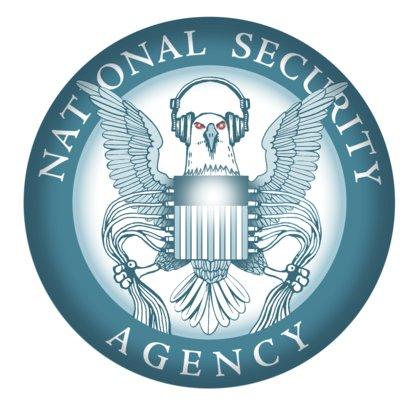I like it when he’s right:
The next time a president asks Congress to pass something akin to what Congress passed on Sept. 14, 2001 — the Authorization for Use of Military Force (AUMF) — the resulting legislation might be longer than Proust’s "Remembrance of Things Past." Congress, remembering what is happening today, might stipulate all the statutes and constitutional understandings that it does not intend the act to repeal or supersede.
But, then, perhaps no future president will ask for such congressional involvement in the gravest decision government makes — going to war. Why would future presidents ask, if the present administration successfully asserts its current doctrine? It is that whenever the nation is at war, the other two branches of government have a radically diminished pertinence to governance, and the president determines what that pertinence shall be.
***
Administration supporters incoherently argue that the AUMF also authorized the NSA surveillance — and that if the administration had asked, Congress would have refused to authorize it. The first assertion is implausible: None of the 518 legislators who voted for the AUMF has said that he or she then thought it contained the permissiveness the administration discerns in it. Did the administration, until the program became known two months ago? Or was the AUMF then seized upon as a justification? Equally implausible is the idea that in the months after Sept. 11, Congress would have refused to revise the 1978 law in ways that would authorize, with some supervision, NSA surveillance that, even in today’s more contentious climate, most serious people consider conducive to national security.
***
Besides, terrorism is not the only new danger of this era. Another is the administration’s argument that because the president is commander in chief, he is the "sole organ for the nation in foreign affairs." That non sequitur is refuted by the Constitution’s plain language, which empowers Congress to ratify treaties, declare war, fund and regulate military forces, and make laws "necessary and proper" for the execution of all presidential powers . Those powers do not include deciding that a law — FISA, for example — is somehow exempted from the presidential duty to "take care that the laws be faithfully executed."
The administration, in which mere obduracy sometimes serves as political philosophy, pushes the limits of assertion while disdaining collaboration. This faux toughness is folly, given that the Supreme Court, when rejecting President Harry S Truman’s claim that his inherent powers as commander in chief allowed him to seize steel mills during the Korean War, held that presidential authority is weakest when it clashes with Congress.
Immediately after Sept. 11, the president rightly did what he thought the emergency required, and rightly thought that the 1978 law was inadequate to new threats posed by a new kind of enemy using new technologies of communication. Arguably he should have begun surveillance of domestic-to-domestic calls — the kind the Sept. 11 terrorists made.
I wonder how long it will be before wingnuts start calling Will an America-hating liberal.

